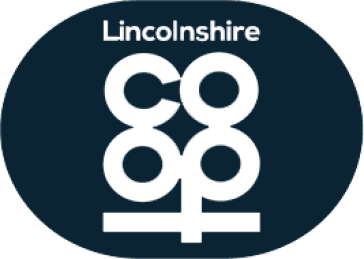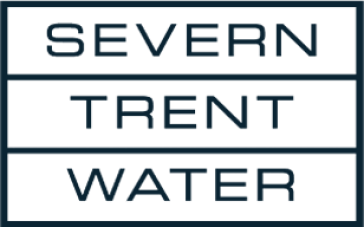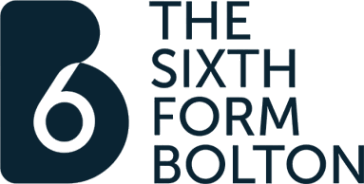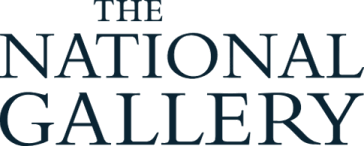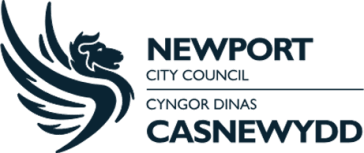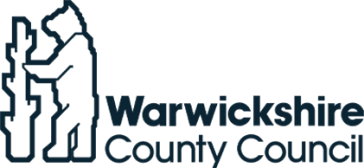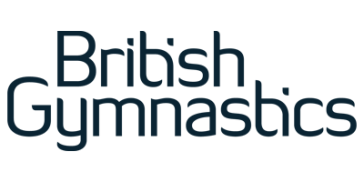Data, analytics, and insight - the backbone of a resilience organisation
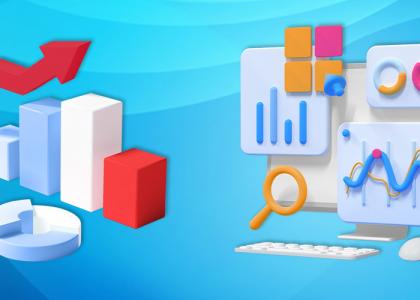
Only 29% of mid-sized enterprises believe that their organisation has a good understanding of its current and likely future business risks and tolerances. That leaves a shocking 71% that could do better!
Understanding your risks and tolerances is a critical element of building a resilient business. You might have the best people in the industry, with the highest credentials, but they cannot be expected to make the right decisions without insightful information at their fingertips to help them predict and plan for the future. So how can organisations address this gap in their knowledge?
The answer is actually in three parts – all of which are essential if you are to equip your people to successfully navigate an increasingly complex and unpredictable operating environment.
Step 1: Data
The first step is to ensure that you have accurate business data that is readily available to those who need it. Data is frequently undervalued, poorly managed and poorly understood. Making sure that your data is reliable, consistent and of high quality is the fundamental building block of making good decisions.
Data is the essential ingredient in all your financial reporting and regulatory compliance, so it is fundamental that it is accurate. Despite this, only 32% of mid-sized enterprises are very confident in the accuracy of their business reporting and modelling.
Data accuracy, consistency and compliance can be improved through automation and consolidation of your data into one place. This reduces your reliance on error-prone manual data entry and avoids conflicting data sources, helping with both internal visibility and external legislative compliance. Once you have good, reliable, accurate and consistent underlying data, you can move on to step two.
Step 2: Analytics
Once you have the right data, it needs to be turned into knowledge through analysis. Numbers alone don’t tell you very much unless you can contextualise and compare them to previous years, to industry benchmarks or to competitors. A situational awareness is critical for businesses to be able to understand their business environment and make appropriate decisions.
The increasing volume and quality of business “big data” has the potential to offer greater insight to make better business decisions. In a fast-changing market climate, businesses need to capitalise on the opportunity that this offers for improving business performance and building competitive advantage.
Analysis can be aided by using specialist analytics tools, such as IBM Planning Analytics platform, to make it easier to spot and resolve problems, identify trends and deliver predictive insights that can be modelled, and scenario tested. Automatic early warning systems using proactive system alerts can also be useful to inform you of changes from the norm on key metrics, keeping you ahead of potential issues.
The true extent of the value of data becomes apparent when it is used for pro-active, strategic reporting. Enabling a more proactive approach to planning helps to ensure that you identify risks and opportunities and their potential impacts so that you can respond appropriately. 37% of mid-sized enterprises have achieved more informed planning and analysis but 36% think significant change is still required in this area.
As you analyse your data, be sure to embrace both positive and negative metrics as valuable input, helping you to gain a better understanding of business tolerances.
Step 3: Insight
Once you have analysed your data, you will be ready to make the most of this hugely valuable asset to provide insight to decision makers within your business. Armed with insightful information, decision makers can respond quickly to downturns in performance and anticipate future risks.
Even when organisations are armed with great insight, many decisions are still made on ‘gut feel’ rather than on solid facts. Fewer than 51% currently base their decisions on quantitative information rather than gut feel, experience, or opinion. 85% of companies want to improve their use of data insights in their decision making, but 91% say that this is challenging.
A Capgemini study in 2020 found that “data masters”, i.e. those organisations that put a high emphasis on using data to inform decisions, enjoy a performance advantage of between 30% and 90% in various metrics across customer engagement, top-line benefits, operational efficiency, and cost savings. Therefore, making good use of insight is critical for organisations that want to maintain a competitive advantage and improve their business resilience.
The wider resilience question
‘Insightful Information' is just one of The Three Is of a resilient organisation identified by MHR. The other two being ‘Inspired Individuals’ and ‘Intelligent Integration’. If you would like to find out more about The Three Is and their role in improving business resilience, see our research report “Business resilience and the forgotten middle” and our eGuide “How to assess and strengthen your business resilience”, or talk to us.






